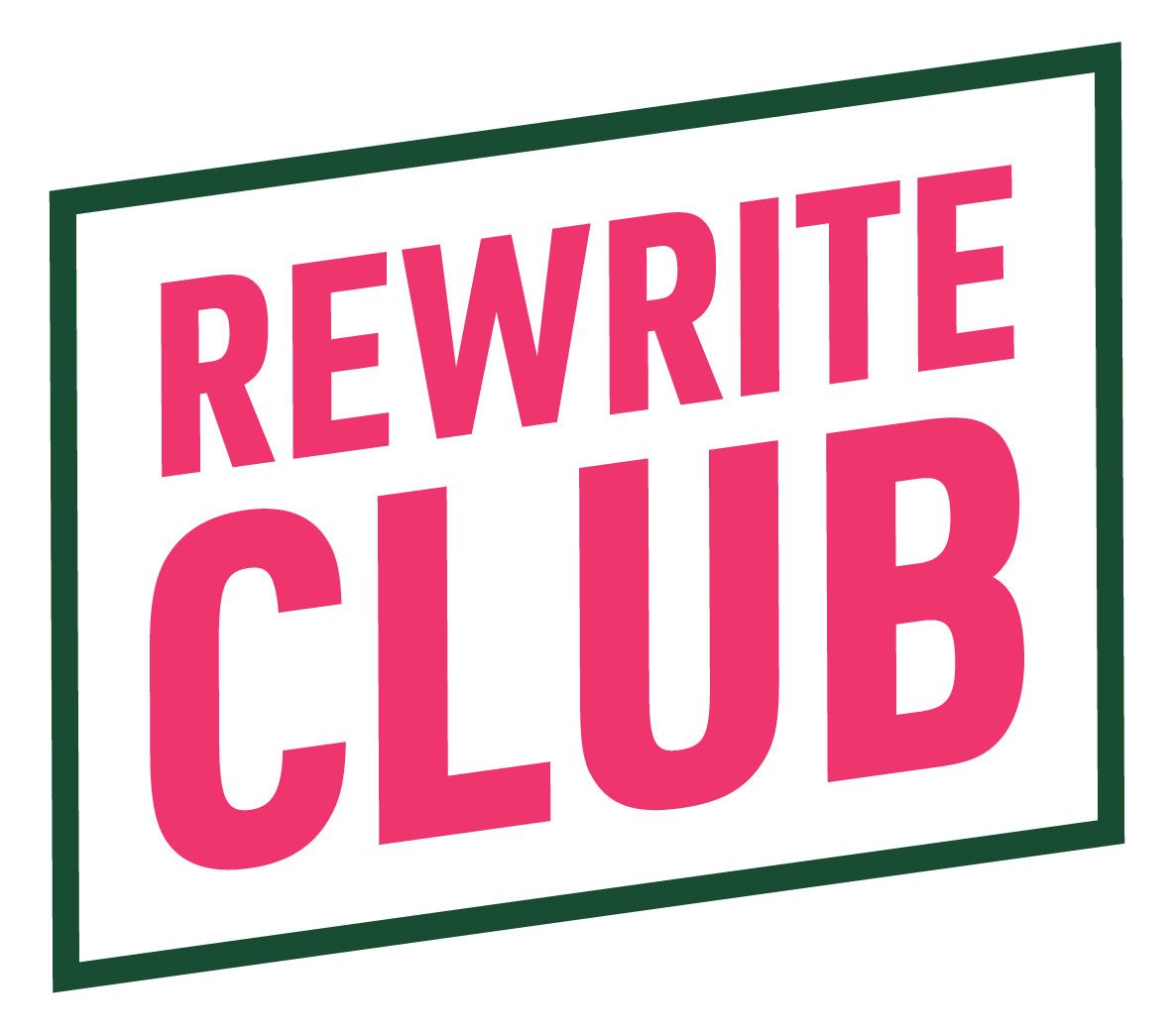Why Your Brilliant Research Deserves Better Sentences
Understanding the Importance of Clear Writing

Did you know that even groundbreaking ideas can get overlooked if the writing is dense, unclear, or unpolished? This reality is particularly true in academic and technical writing, where the clarity of your prose can directly influence how your research is perceived.
In this blog post, we'll explore how great research can become obscured by clunky writing and how a clear edit can elevate your citations, enhance your work's credibility, and increase its impact. We'll cover the common pitfalls found in writing and provide actionable strategies to help you express your brilliant ideas more compellingly.
Understanding the Importance of Clear Writing
Writing clarity is not just a stylistic preference but a fundamental necessity in academic and professional contexts. When the prose becomes too dense, it can create hurdles for readers, who might otherwise embrace innovative ideas and insights. Let's dissect the key components that contribute to effective research writing and how we can enhance your work to ensure its brilliance shines through.
The Clarity Conundrum
One of the major pitfalls in academic writing is the tendency to bloat sentences or use jargon excessively. This makes the material less accessible. Research shows that a significant percentage of readers abandon texts that they find challenging to comprehend. For this reason, clarity should be paramount in your writing. The best practice is to simplify your language without diluting the sophistication of your ideas.
Engaging Your Audience
Your primary goal should be to engage your readers. Understand your audience's perspective and tailor your writing style accordingly. Using plain language without sacrificing details enables readers at all levels to engage with your research fully. Consider structuring your sentences to lead with the main point before delving into complex explanations or data.
The Power of Active Voice
One of the best ways to improve clarity is to utilize the active voice. Passive voice often leads to ambiguity and can make sentences longer than necessary. For example, instead of saying "The hypothesis was tested by researchers," you can say "Researchers tested the hypothesis." This shift not only clarifies the subject of the sentence but also gives your writing more authority.
The Role of Conciseness
Being concise is another essential element of effective writing. Instead of long-winded explanations, aim for brevity. Aiming for shorter sentences can greatly enhance readability. For instance, rather than stating, "Due to the fact that the experiment was inconclusive, the researchers did not draw any conclusions," you could say, "The inconclusive experiment led researchers to withhold conclusions." This adjustment minimizes verbosity, enhancing the reader's experience.
Strength in Structure
A well-structured piece of writing makes grasping the flow of ideas easier, especially in complex arguments. Break down your paper into clear sections, utilizing headings and subheadings as guides. Clear transitions between paragraphs also help readers follow your argument without losing track.
Embrace Feedback
One of the best ways to enhance your writing is through feedback. Submitting your drafts to peers for their input can illuminate areas of confusion or lack of clarity. By actively seeking constructive criticism, you gain invaluable insights that can lead to significant improvements before finalizing your work.
The Importance of Editing
After composing your first draft, the next critical step is editing. At this stage, you refine your arguments, reduce wordiness, and eliminate grammatical errors. Investing time in a thorough edit can dramatically change how your ideas come across. Consider using editing services specializing in academic writing, as a professional touch can amplify the brilliance of your research.
Adapting Language for Diverse Readers
Take into account that readers may come from various backgrounds. Using simplistic phrases and avoiding uncommon terminology can make your writing more inclusive. This adaptation not only helps to democratize knowledge but can also enforce respect for the subject matter at hand.
Common Mistakes to Avoid
As you work toward more effective research communication, developing an awareness of common writing mistakes can be immensely helpful.
- Utilizing Excessive Jargon: While it may be tempting to showcase your expertise with sophisticated vocabulary, excessive jargon can alienate your readers. Use technical terms sensibly and provide explanations when necessary.
- Overusing Adjectives and Adverbs: Descriptive language is essential, but overusing adjectives and adverbs can make writing more convoluted. Aim for strong nouns and verbs that convey meaning without excessive modification.
- Inconsistent Tone: Maintain a consistent tone throughout your document to reinforce clarity and professionalism. A mixed tone can confuse readers and dilute the message.
- Lack of Logical Flow: As mentioned earlier, a logical structure is key. Jumping around topics or failing to connect ideas seamlessly can frustrate your audience. Always strive to guide them through your thought process clearly.
The Editing Process
Once you finish the initial draft, it’s time to edit. Here are some valuable steps to refine your writing:
- Distance Yourself: Take a break before you begin editing. This distance will allow you to return with fresh eyes, making it easier to identify areas needing improvement.
- Read Aloud: Reading your work aloud can reveal awkward phrasing or unclear areas. Hearing your words helps identify sections that need improvement.
- Focus on Flow and Clarity: As you edit, focus on how ideas transition from one to the next. Ensure each sentence builds on the previous one to maintain a cohesive narrative.
- Proofread for Errors: Proofreading is essential for catching grammatical and typographical errors. Tools like Grammarly or the Hemingway App can significantly assist in this process. However, before using generative AI, like ChatGPT, you should understand the risk. For more information, check out this post in the Rewrite Manifesto on the use of generative AI in the academic world.
Bringing It All Together
By employing strategic techniques to enhance clarity, cohesion, and conciseness, you're well on your way to making your research more impactful. Remember, even the most brilliant ideas deserve to shine through cohesive and clear writing. Craft your sentences thoughtfully, engage your readers effectively, and invest time in the rewriting process to bring your brilliance to the surface.
Send us 500 words, and we'll proofread them for free. Let’s bring your brilliance to the surface.
In conclusion, prioritizing clarity and structure in your writing enhances your credibility and ensures that your valuable research effectively reaches and resonates with your intended audience.
As author Donald Miller famously highlights, the core of effective communication lies in helping readers navigate through complex ideas simply. Let’s help you craft your words with intention!

